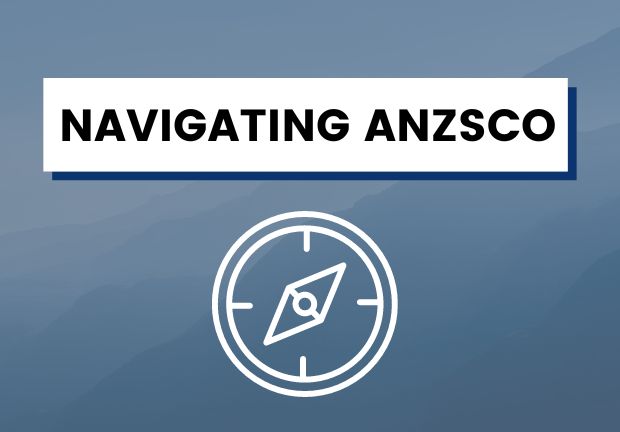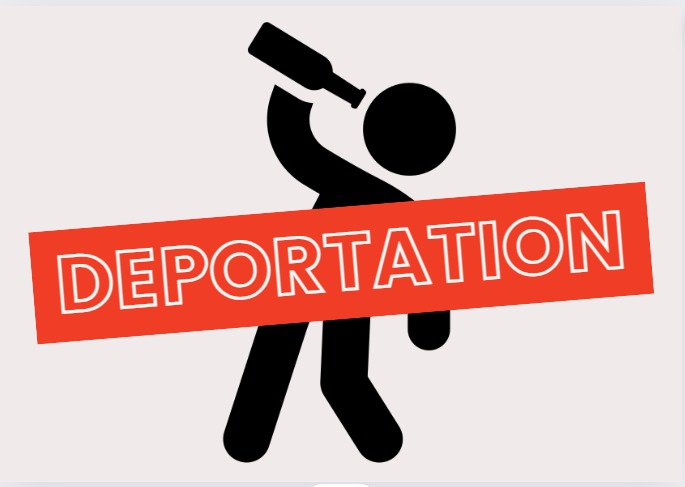FAQs – Studying in New Zealand
14 January 2025Being an international student in New Zealand can be a very rewarding experience. Along with studying at world-class institutions, you can also immerse yourself in the country’s multicultural facets.
We've compiled a list of questions you might have about coming to study in New Zealand and life as an international student.
What are the different types of tertiary educational institutions in New Zealand?
New Zealand has a diverse tertiary education system that includes Universities, Institutes of Technology and Polytechnics (ITPs), Private Training Establishments (PTEs).
- Universities offer undergraduate and postgraduate degrees in a wide range of subjects.
- Institutes of technology and polytechnics (ITPs) provide vocational training and education, leading to certificates, diplomas, and degrees.
- Private Training Establishments (PTEs) offer a variety of courses, including English language programs, business courses, and creative industries programs.
How many intakes do New Zealand institutions have per year?
Generally, there are 2 intakes each year — February and July. In addition, some institutions also have an intake in October.
When should I start my application process for a particular intake?
It is generally recommended to start the application process 3–4 months before the intake begins. For example, for the July intake, applications must be made by mid-May at the latest.
What are the estimated living expenses for international students?
Immigration New Zealand (INZ) requires evidence of funds of at least NZ$20,000 (or NZ$17,000 for school years 1–13) to cover living expenses for your first year of study. The funds required will be lower for shorter lengths of study.
Living expenses in New Zealand will vary depending on your lifestyle choices and the city you live in.
What are the tuition fees for international students?
The cost of studying in New Zealand varies depending on the program, institution, and duration of study.
- Bachelor’s degree: Fees range from about NZ$20,000 to NZ$40,000 per year. Many bachelor’s degrees can be completed in three years.
- Postgraduate degree: Fees range from about NZ$20,000 to NZ$45,000 per year.
- PhD: International PhD students pay the same as New Zealand PhD students, which is about NZ$6,500 to NZ$7,500 per year for most subjects.
Are scholarships available in New Zealand, and how can they be acquired?
While New Zealand doesn't offer as many scholarships as some other regions, its education costs are relatively affordable compared to countries like the United States. There are scholarships available for high-achieving international students.
What is the healthcare system like in New Zealand?
New Zealand has a public healthcare system that is partially funded by the government. International students are required to have health insurance while they are studying in New Zealand.
What is the weather like in New Zealand?
New Zealand has a temperate climate, with warm summers and mild winters. However, the weather can vary depending on the location.
What is the culture like in New Zealand?
New Zealand is a multicultural country with a relaxed and friendly atmosphere. Maori culture is an important part of New Zealand’s heritage.
What are the accommodation options for international students?
There are a variety of accommodation options available for international students in New Zealand, including student halls of residence, homestays, and rental flats.
Can I work while I am studying?
Yes, most student visas in New Zealand allow you to work up to 20 hours per week during the academic year and full-time during scheduled breaks.
However, if you are a PhD or Master by Research student, there are no restrictions on the hours you can work
Can I bring my spouse or family along?
If you hold a student visa for NZ, you can bring your partner and children on visitor visas. Additionally, you may be able to support a work visa for your partner or student visas for your dependent children.
Can my partner work while I am studying?
If you study an eligible level 7 or 8 qualification, or any level 9 or 10 qualification in NZ, your partner is eligible for a Partner Work Visa and may work in the country while holding this visa.
How is the job market in New Zealand for international students?
New Zealand has a skills shortage in several sectors, such as construction, engineering, healthcare, teaching, IT, supply chain, and digital marketing. This may create opportunities for international students to find work after they graduate. However, it is important to be aware of the visa requirements for working in New Zealand after your studies.
What is the Green List?
The Green List is a list of occupations by the government in New Zealand that have a talent shortage in the country. Industries like infrastructure, construction, engineering, healthcare, and teaching are on the Green List and have high demand.
It is critical to choose a course that aligns with your desired field and long-term goals. If your goals are to settle in New Zealand, obtain residence, and work here, then you need to find a course that is in line with the job market and offers residence options. Start on the right foot by choosing the right course at the right education provider.




